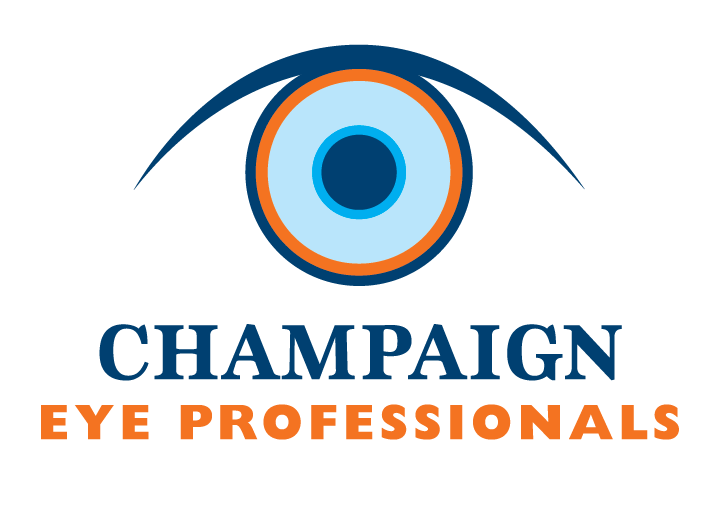Can Sunglasses Prevent Cataracts?
If you’re worried that you may develop cataracts, you might consider having a cataract evaluation in Champaign, IL. A cataract evaluation can let you know if cataracts are developing or returning, if you’ve had them previously. Cataracts can happen to anyone, but age is definitely a risk factor. However, few people realize that prolonged and/or chronic exposure to the sun’s harmful ultraviolet (UV) rays can damage the proteins in the lens of the eye, leading to cataract formation. For this reason, sunglasses are a useful preventative measure that may help prevent cataracts.
How Sunglasses Help
Sunglasses help by blocking out a percentage of the sun’s rays. Some sunglasses even go so far as blocking out 100% of harmful UVA and UVB rays, which will certainly minimize the risk of developing cataracts. But not every pair of sunglasses can do this. You need to make sure you buy quality sunglasses, preferably a name brand, with lenses that have been UV-rated.
Choosing the Right Sunglasses
To get the most benefit, look for sunglasses labeled as offering 100% UVA and UVB protection. Polarized lenses can also reduce glare, making it easier to see in bright sunlight, though polarization doesn’t add UV protection. Wraparound styles are particularly useful as they block UV light from entering around the sides of the glasses, offering even more protection. Your eye doctor in Champaign, IL offers quality sunglasses that are trendy and offer the kind of UV protection you need to shield your eyes from the sun’s rays in summer and in winter.
You don’t have to relegate yourself to a future with cataracts. In many cases, cataracts can be avoided, and there are many older people who have never had them. If you have more questions, or would like to book a cataract evaluation, please contact Champaign Eye Professionals today.









